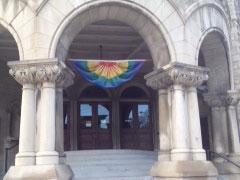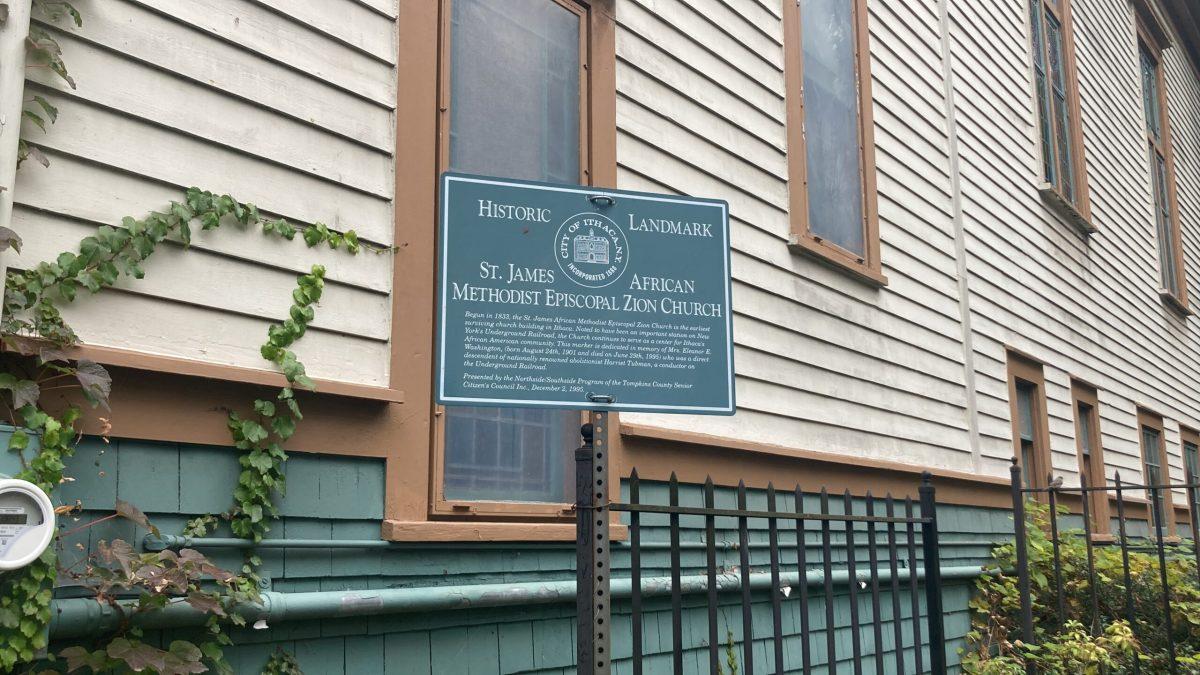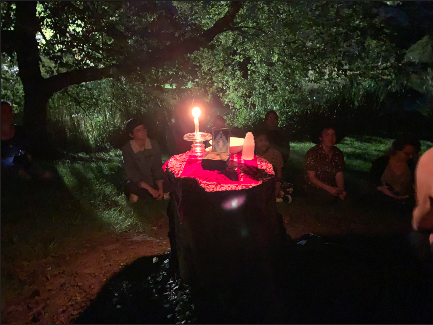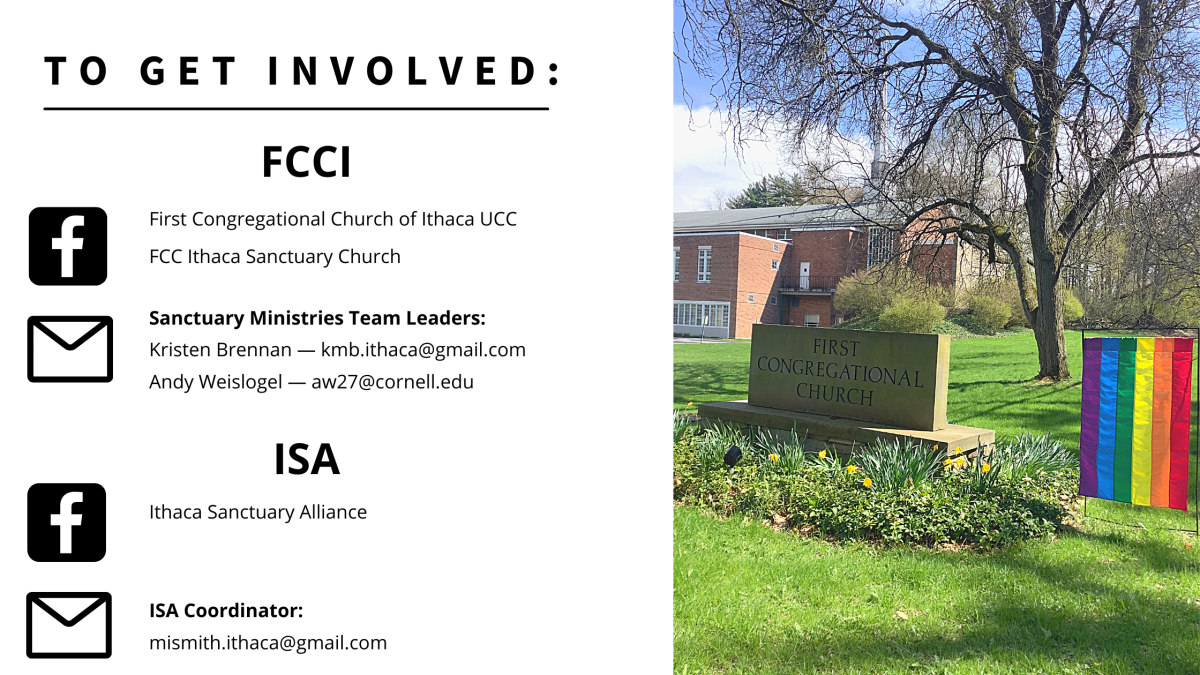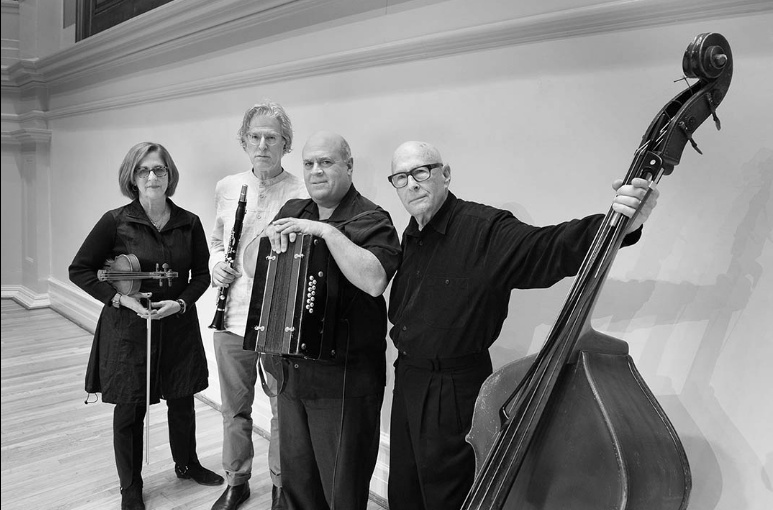“We started to talk about that, and then one of our colleagues was charged [by the Methodist church, for officiating a same-sex wedding] and we were waiting to see what would happen before going ahead, and nothing has happened,” McNeill said. “So that’s a big decision for us in the future. If a pastor did that, they could be charged with a violation of the discipline or maybe some lesser penalty [but] it’s just not clear. There doesn’t seem to be a general standard by which these things are resolved.”
[topswf swf=’https://www.ithacaweek-ic.com/wp-content/uploads/kellysagereligion.swf’ width=’500′ height=’400′ quality=’best’ wmode=’transparent’ scale=’default’ flashvars=” allowfullscreen=’false’]
According to the Upper New York Annual Conference of the Methodist Church, there are 915 Methodist churches in New York state, and 35 of those churches are part of the national Reconciling Ministries Network.
Many people in the LGBT community believe, based personal experience, that they are not welcome in churches, and St. Paul’s aims to change that belief, as outlined in their Reconciling Ministries mission statement.
“One of our primary goals is to change that perception, and that reality,” the church says. “Declaring ourselves to be a congregation that openly and wholly welcomes the LGBT community is an important part of that vision.”
St. Paul’s and Reconciling Ministries supported one of their parishioners through her process of coming to terms with her sexuality. Beverly Stokes, a singer-songwriter and a member of the Reconciling Ministries team came from a small town in Virginia and her home church was not as inclusive as St. Paul’s.
“I grew up in a Methodist church that was a little bit more conservative, so I never heard of reconciling until I came to Ithaca,” Stokes said. “I was still working through some personal stuff and I didn’t really know that I was gay yet, so it was awesome to come to that realization and have a supportive community.”
Although the church shows support for the LGBT community, it uses the Bible to support its beliefs. Stokes said there is a strong biblical argument for what St. Paul’s believes and teaches.
“I think that Christians who believe that homosexuality is a sin believe that those of us who don’t just tore those pages out and flushed them down the toilet or something and choose not to see them, and that’s not true,” she said.
Diane Crouch, chair of the St. Paul’s Reconciling Ministry team said she believes that religion should be open to all who seek it.
“God’s love is open to all and the church is open to extend God’s love to all people regardless of sexuality,” she said.
The ways in which we view other’s sexuality can change the stigma surrounding the LGBT community. McNeill explained that people should adjust the way they view other’s sexuality.
“I think people have a similar turning away factor when they think about sexual relationships between their children or their siblings there’s a taboo about that and we just don’t go there, well don’t go there with gay people either,” McNeill said. “It’s not your business and it’s not for you to insert yourself into that.”
Stokes says she wants people to understand that the Bible convinced her that God accepts the LGBT community, and that she did not twist the Bible to suit her own beliefs.
“Through my own internal process, this place was just a really great reminder that I could still be a Christian, I could still be Methodist, I could still keep all of these beautiful traditions that meant so much to me growing up, but I could also be my most authentic self,” she said.

